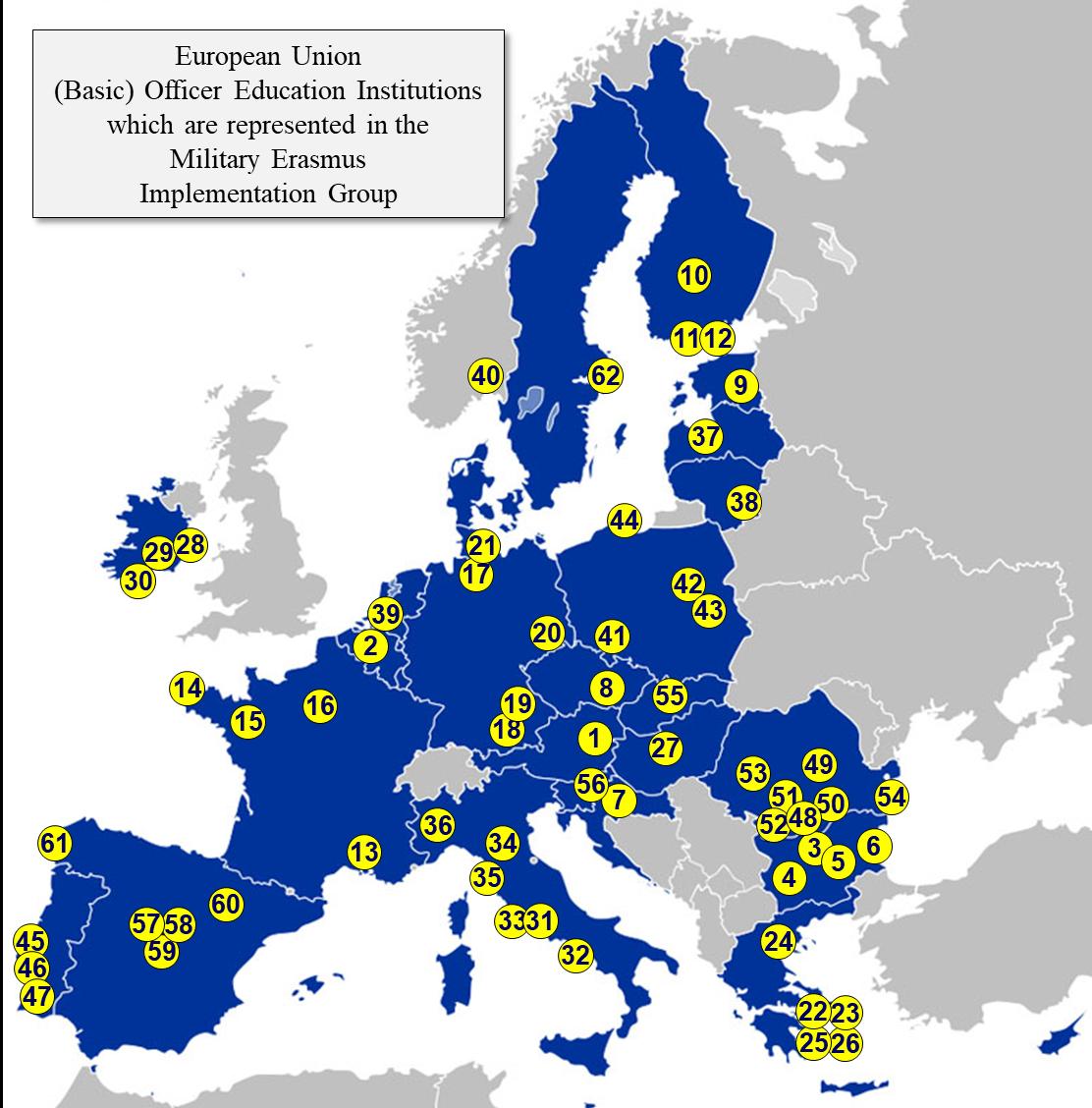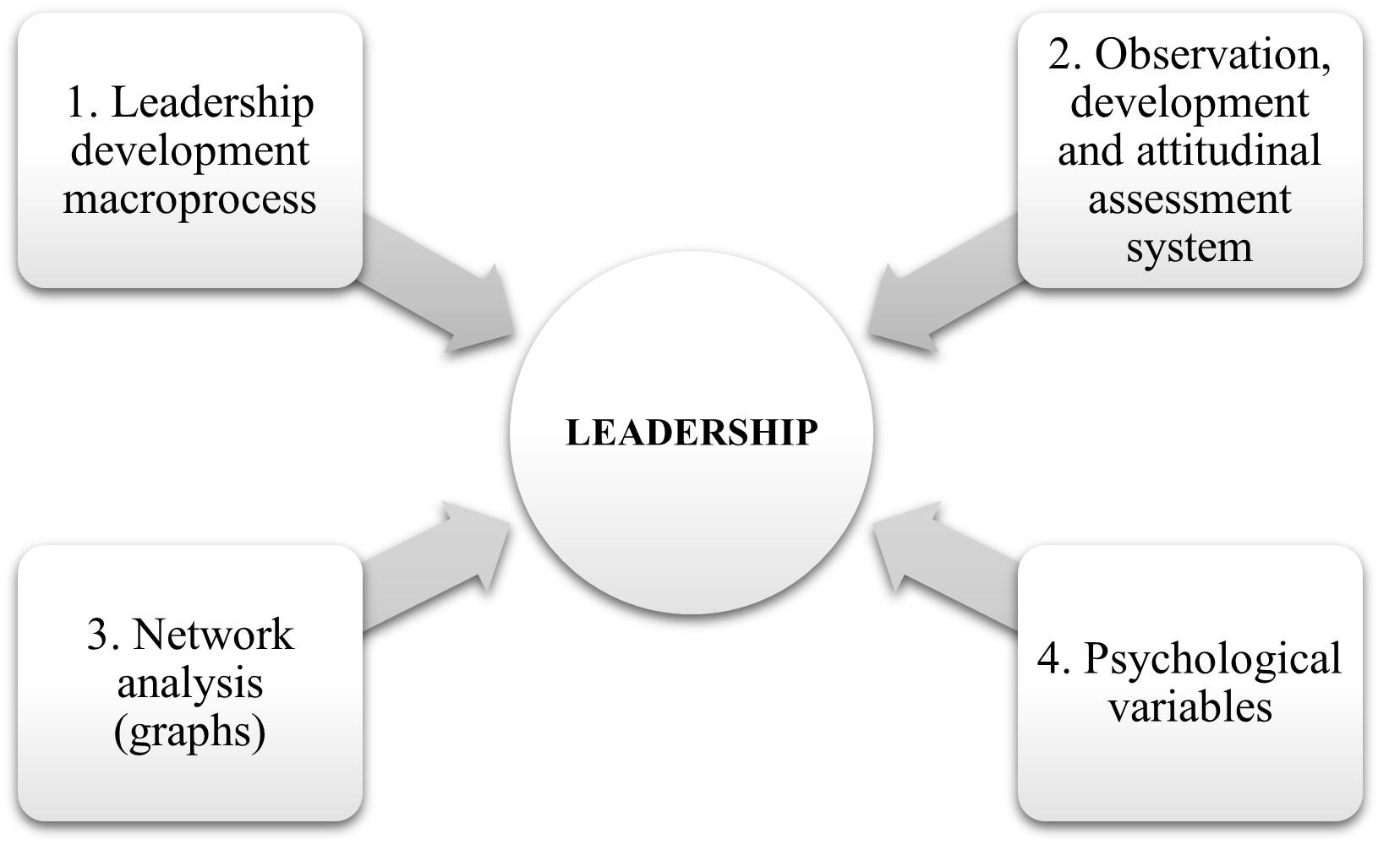Journal of Peace and War Studies, ISOMA Special Edition (October 2021): 201–219
Increase of Officer Cadets’ Competences by Internationalization Harald Gell Abstract: In 2008, all 27 European Union Ministers of Defence issued a mandate for a so-called Military Erasmus Implementation Group, which would consist of education experts from all European Union basic officer education institutions, in order to increase interoperability among the European armed forces, to harmonize the European basic officer education, and thus, to promote a European Security and Defence Culture among the future military leaders. The Implementation Group (IG) started its work in 2009 by developing exchange possibilities for officer cadets while ensuring these will not have disadvantages for their studies. Fifteen lines of developments were implemented reaching from regulations on how to recognize learning outcomes achieved abroad, via possibilities on how to finance the activities, to elaborations of common modules and international semesters for the different services. The IG’s activities were not accepted unopposed by some military decision makers. This criticism was the reason for a scientific research study by the IG chairman to identify if there are benefits for officer cadets caused by international activities, in particular, if there is an increase of competences possible? If the outcomes of the study show that the exchange is a success, this will prove the criticism wrong. The research study had three avenues of approach: comparing metabolic data, grades and analyzing evaluation reports of exchange activities. In total, some 42,000 officer cadets’ data were compared by analyzing situations before and after mobility periods. The results of this research study are presented in excerpts in the present article. Keywords: Cadet; Competences; EMILYO1; European Union; Internationalization; Stress Management.
Initial Situation: The European Union’s Strategic Approach In December 2003, the European Union (EU) adopted the European Security Strategy (ESS) as a reaction to security threats and challenges.2 The main topics of relevance were terrorism, proliferation of weapons of mass destruction, regional conflicts, state failure, and organized crime. After a period of five years, the EU evaluated the implemented measures and created a report on the implementation of the ESS.3 Three new threats were added—cyber security, energy security, and climate change—and it was clearly stated that managing these threats and challenges require broad measures including military and civilian actions. A concept was developed that was named “comprehensive approach,”4 meaning that starting from the decision-making process, all potential stakeholders involved should be integrated into the sequence of events. Within the report on the implementation of the ESS, the role of the military was described as being a part of crisis management. To prepare future officers of the armed forces for their duty after graduation within an international (European) environment, the necessity for a common education at basic officer education level was stressed within this document.
© 2021 John and Mary Frances Patton Peace and War Center, Norwich University ISSN 2641-841X (print), ISSN 2641-8428 (online)











